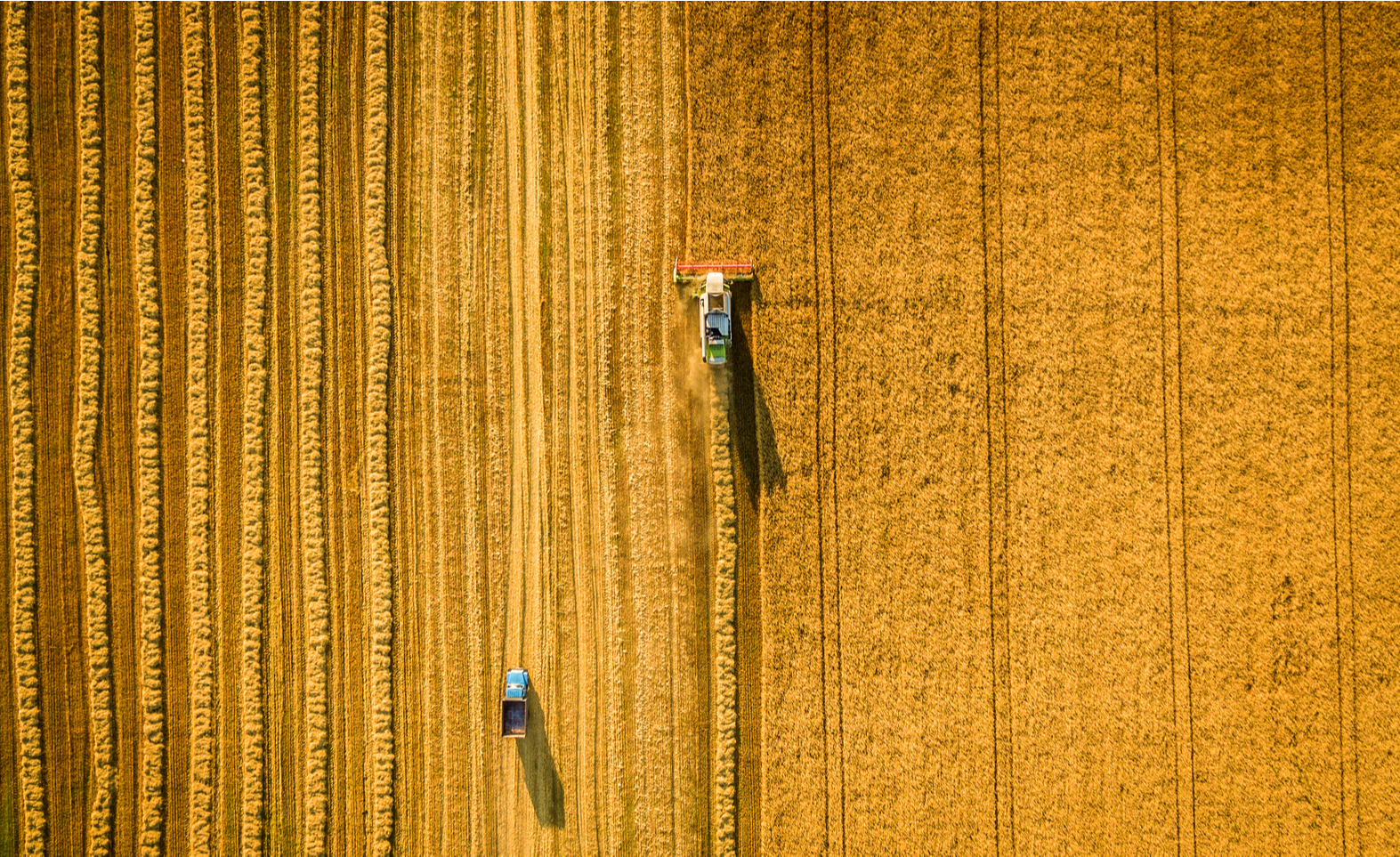
July 7, 2021
Sustainable farming along the banks of River Ganga and the EU organic farming target for the year 2030 was discussed.
Recommendations have been submitted to modify the EU’s Tricyclazole standards for Indian rice imports.
A potential FTA could protect the unorganized sector in India from market volatility and import surges.
Crop diversity, farmer benefits, local agricultural and export practices are to be planned prior to a bilateral FTA.

A meeting was conducted between Mr. Janusz Wojciechowski, Member of the European Commission and Sh Narendra Singh Tomar, Union Minister for Agriculture & Farmers Welfare today wherein a wealth of matters pertinent to bilateral agricultural cooperation was discussed. Both leaders highlighted the ambitions of current policies in their respective domestic ecosystems, including the Agricultural Infrastructure Fund, Farm to Fork Strategy, Common Agricultural Policy (CAP) and the Paramparagat Krishi Vikas Yojana. The schemes entail policy outcomes in line with global sustainability parameters, and will look to provide farmers with higher incomes and better social security measures.
Organic farming was an important talking point as Sh Tomar elaborated on the current process of farming along the banks of River Ganga as well as the use of organic fertilizers under the aegis of the Paramparagat Krishi Vikas Yojana. Mr Wojciechowski revealed a European Union plan to expand the ambit of organic farming to 25 percent of agricultural land by 2030. The two leaders also discussed resolving the roadblock of the EU-mandated Maximum Residual Limit (MRL) of Tricyclazole that was inhibiting basmati rice exports to the region.
Experts make a strong case for the formation of a Free Trade Agreement in the domain of agriculture as it would safeguard India from market volatilities and increase the scope of engagement between the nation and EU member-States. If actualised, the unorganised sector in India will be insulated from the shocks of import surges and dumping activity. However, caution will have to be exercised such that India’s agricultural mix of food crops and non-food crops is not compromised upon as are food sovereignty, return on investments as well as benefits to farmers. The sector is also faced with lobbying pressures surrounding the opening of markets in India for European cheeses and related products as well as the recognition of indigenous Geographical Indications. It is important that domestic food production, crop diversity and export practices are developed and safeguarded in a planned manner prior to consolidating a potential FTA in the sector.